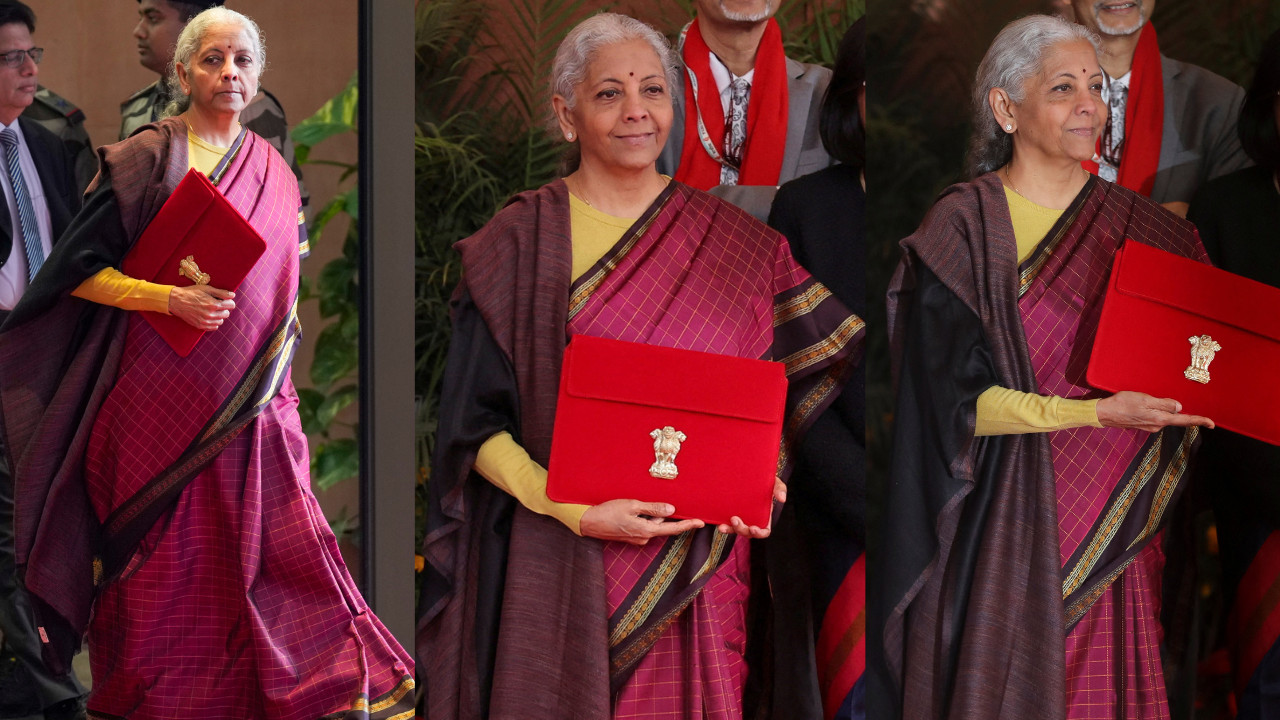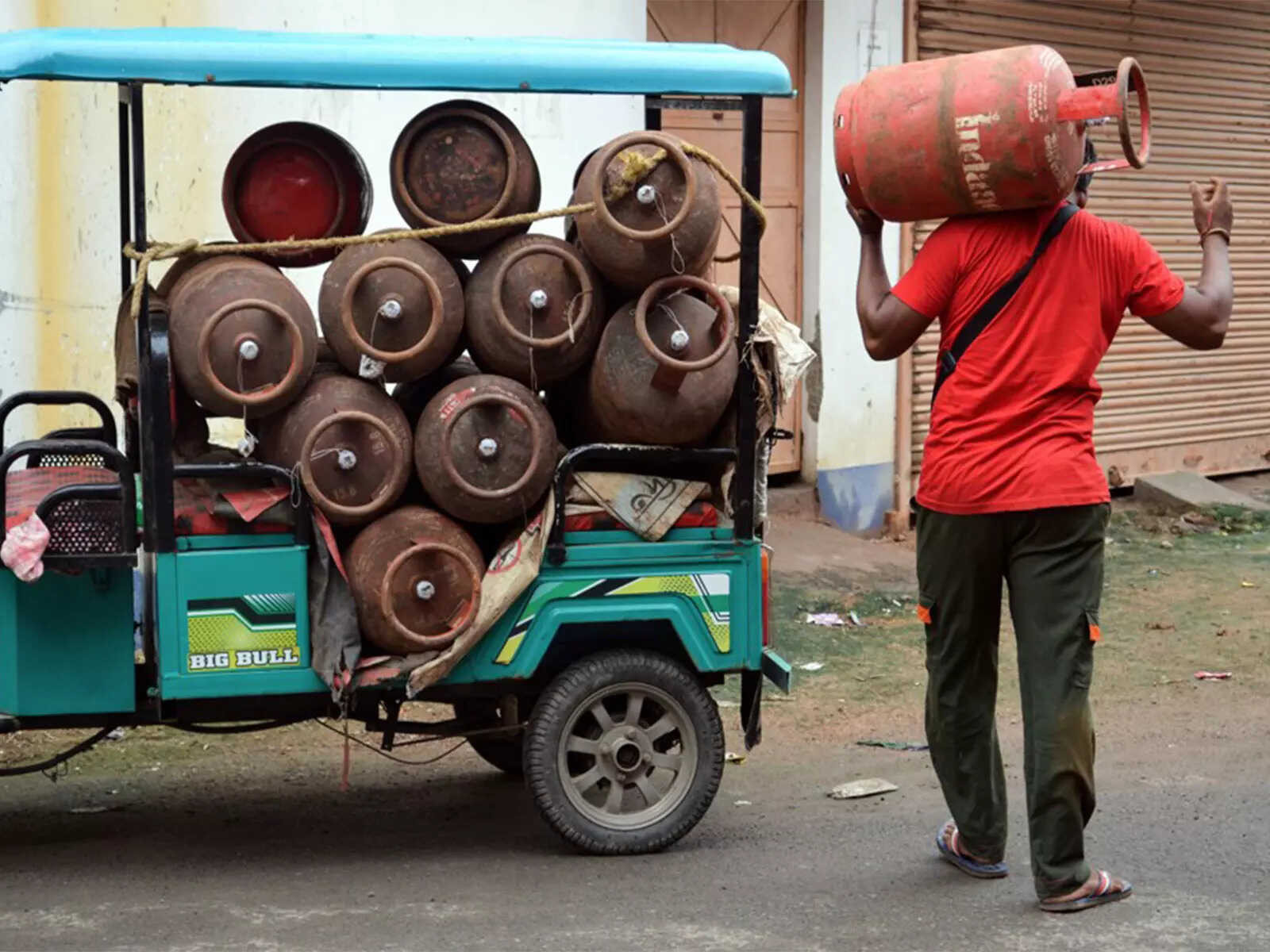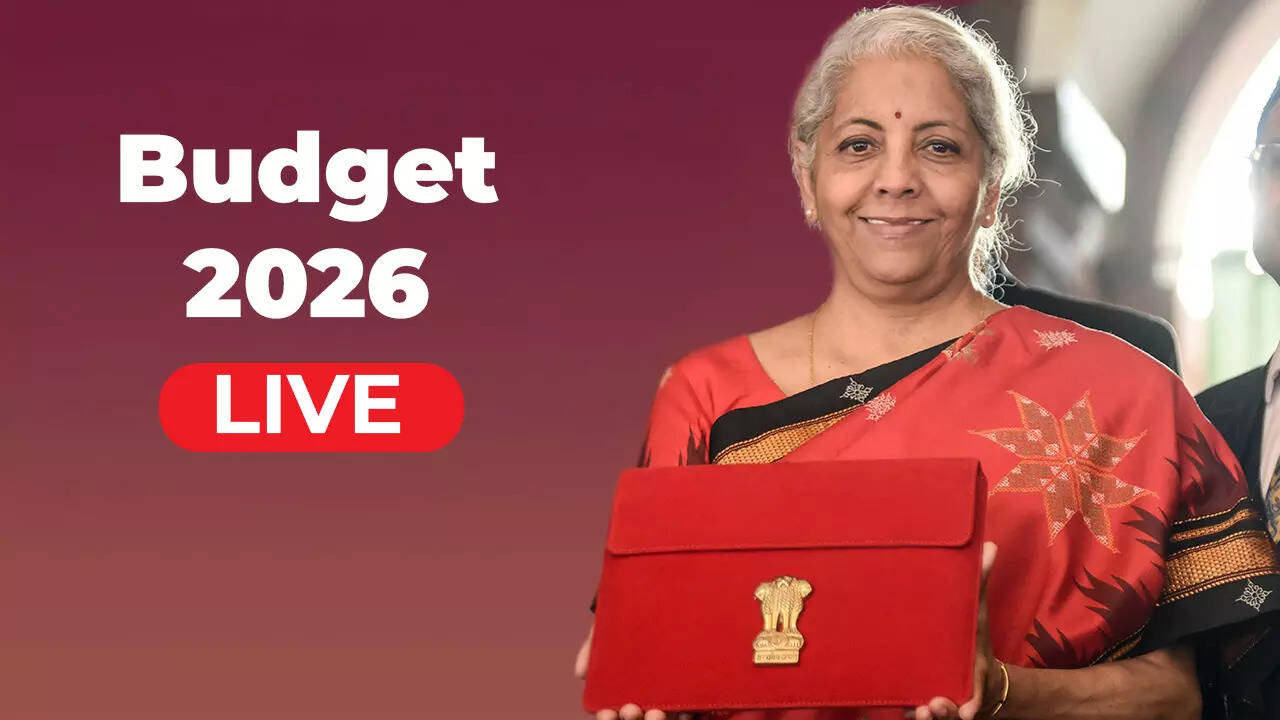The government, through NHAI and Union Minister Nitin Gadkari, has refuted media reports suggesting toll charges for two-wheelers. NHAI clarified on X that no such proposal is under consideration, ensuring the current exemption remains.
Will Your Scooter Soon Be Paying Toll? The Truth About Two-Wheeler Toll Tax
For a hot minute there, the internet was buzzing like a poorly-tuned moped about a new toll tax aimed squarely at two-wheeler riders. Social media was ablaze, forums were flooded, and everyone was asking the same question: “Seriously? Tolls on my scooter now?” It felt like the latest plot twist in the never-ending saga of traffic woes. But before you start budgeting extra rupees for your daily commute, let’s pump the brakes and sort through the rumors surrounding two-wheeler toll tax.
The noise stemmed from speculation that the National Highways Authority of India (NHAI) was seriously considering extending toll collection to include motorcycles and scooters. Understandably, this sparked considerable outrage, especially given that two-wheelers are often the most affordable mode of transport for many Indians. The thought of adding another financial burden to their already strained budgets wasn’t exactly a welcome prospect.

However, before panic truly set in, the NHAI stepped forward to address the swirling rumors head-on. In a recent statement, the authority firmly dismissed the reports as “false” and clarified that no such decision has been taken. That collective sigh of relief you hear? It’s the sound of millions of two-wheeler riders breathing easy.
So, where did this two-wheeler toll tax frenzy originate? It seems to be a classic case of misinformation spreading like wildfire across the digital landscape. Unsubstantiated reports, perhaps fueled by anxieties about rising costs and increasing regulatory measures, quickly gained traction and morphed into a widespread belief. It serves as a potent reminder of the importance of verifying information before sharing it, especially in today’s hyper-connected world.
While the NHAI has definitively denied any immediate plans to impose tolls on two-wheelers, the situation highlights a broader discussion about infrastructure funding and road usage. India’s national highways are constantly expanding and upgrading, and these projects require significant investment. Tolls are a key source of revenue for maintaining and improving these vital arteries of transportation.
The debate then circles back to fairness and affordability. Is it equitable for only four-wheeled vehicles to bear the financial burden of highway upkeep? Are there alternative funding models that could be explored, perhaps incorporating fuel taxes or vehicle registration fees, to distribute the cost more broadly? These are complex questions with no easy answers, and they’re likely to remain at the forefront of transport policy discussions.
Furthermore, the incident underscores the need for greater transparency and communication from governing bodies like the NHAI. Proactive and clear communication can help to quell rumors before they escalate and build public trust. In an era dominated by instant information, getting ahead of the narrative is crucial.
For now, two-wheeler riders can rest assured that their wallets are safe from unexpected toll charges. But the episode serves as a valuable lesson in critical thinking and the importance of verifying information before sharing it online. It also opens up a broader conversation about how we fund our national infrastructure and ensure equitable access to transportation for all. This could lead to a discussion around the sustainability of the current tolling system, especially when compared to methods used in other countries. Perhaps linking road tax to engine size or fuel efficiency could be a future possibility, ensuring those who use the roads more, contribute more. This could tie into initiatives promoting greener transportation, something we’ve touched on before with our piece on electric vehicle adoption incentives (internal link to relevant article).
Ultimately, the (temporary) death of the two-wheeler toll tax rumor reminds us that vigilance and informed dialogue are essential for navigating the ever-evolving landscape of transportation policy.







